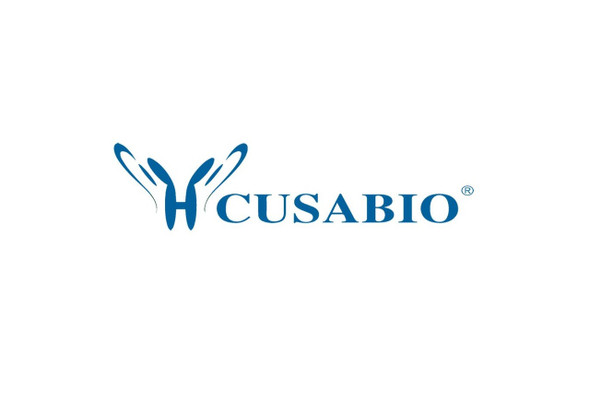Cusabio Polyclonal Antibodies
RBM5 Antibody | CSB-PA239401
- SKU:
- CSB-PA239401
- Availability:
- 3 to 7 Working Days
- Size:
- 100ul
Description
RBM5 Antibody | CSB-PA239401 | Cusabio
RBM5 Antibody is Available at Gentaur Genprice with the fastest delivery.
Online Order Payment is possible or send quotation to info@gentaur.com.
Product Type: Polyclonal Antibody
Target Names: RBM5
Aliases: G15; H37; LUCA15; RMB5; RNA binding motif protein 5
Background: Component of the spliceosome A complex. Regulates alternative splicing of a number of mRNAs. May modulate splice site pairing after recruitment of the U1 and U2 snRNPs to the 5' and 3' splice sites of the intron. May both positively and negatively regulate aopotosis by regulating the alternative splicing of several genes involved in this process, including FAS and CASP2/caspase-2. In the case of FAS, promotes exclusion of exon 6 thereby producing a soluble form of FAS that inhibits apoptosis. In the case of CASP2/caspase-2, promotes exclusion of exon 9 thereby producing a catalytically active form of CASP2/Caspase-2 that induces apoptosis.
Bader S., Submitted (APR-1996) to the EMBL/GenBank/DDBJ databases.
Timmer T., Genomics 60:238-240 (1999) .
Oh J.J., Nucleic Acids Res. 27:4008-4017 (1999) .
Isotype: IgG
Conjugate: Non-conjugated
Clonality: Polyclonal
Uniport ID: P52756
Host Species: Rabbit
Species Reactivity: Human, Mouse
Immunogen: Synthesized peptide derived from internal of human RBM5.
Immunogen Species: Human
Applications: ELISA, WB, IHC
Tested Applications: ELISA, WB, IHC;WB:1:500-1:3000, IHC:1:50-1:100
Purification Method: The antibody was affinity-purified from rabbit antiserum by affinity-chromatography using epitope-specific immunogen.
Dilution Ratio1: ELISA:1:2000-1:10000
Dilution Ratio2: WB:1:500-1:3000
Dilution Ratio3: IHC:1:50-1:100
Dilution Ratio4:
Dilution Ratio5:
Dilution Ratio6:
Buffer: Rabbit IgG in phosphate buffered saline (without Mg2+ and Ca2+), pH 7.4, 150mM NaCl, 0.02% sodium azide and 50% glycerol.
Form: liquid
Storage: Upon receipt, store at -20°C or -80°C. Avoid repeated freeze.
Initial Research Areas: Epigenetics and Nuclear Signaling
Research Areas: Epigenetics & Nuclear Signaling;Cancer






